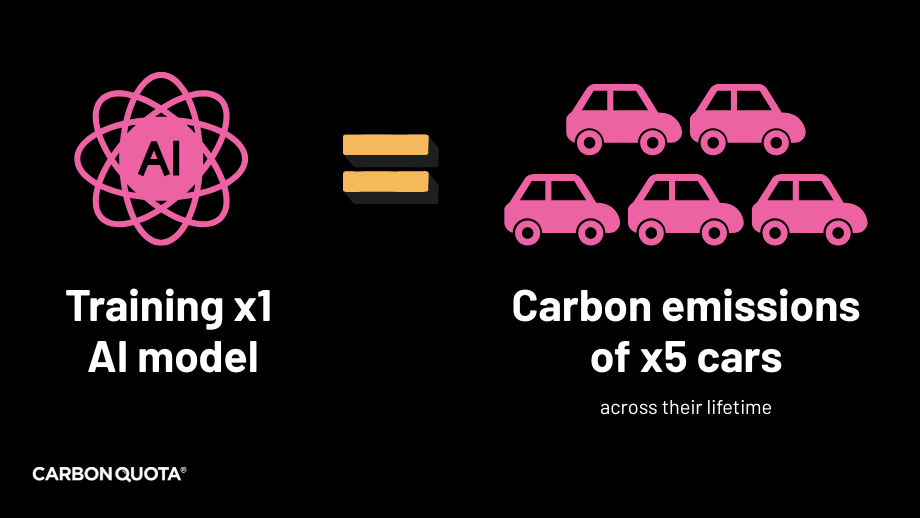The 2025 European Consumer Packaging Perceptions Study reveals a striking shift in public sentiment: 89% of consumers now favour cartonboard over plastic. At CarbonQuota, we see this same trend reflected in our work with clients across Europe – many of whom are urgently switching to fibre-based materials.
But there’s a catch…
…when the science is done properly, fibre isn’t always the panacea it seems. In some cases, rushing from plastic to fibre can actually increase a product’s overall environmental footprint. Our message? Ask the experts before you leap. Packaging must be science-led, not trend-led.
The findings also highlight consumer trust in the recyclability of materials like corrugated cardboard (85%), paper/cartonboard (83%), and glass (80%). These figures underline the value of simplicity in packaging – single-material solutions are not only easier to recycle but also far less likely to confuse the consumer. It’s hard to argue against design-for-recycling.
“A clear majority (57%) believe manufacturers should bear the greatest responsibility for packaging waste.“
Responsibility is another powerful theme. A clear majority (57%) believe manufacturers should bear the greatest responsibility for packaging waste. That aligns with tightening legislation across Europe. The days of plausible deniability in the supply chain are over. Today, businesses are not only expected to know where their materials come from but also to act on that knowledge. Transparency is no longer optional; it’s a commercial imperative.
“Perhaps most telling is that consumers are still willing to pay more – on average 6.4% more – for sustainable packaging.“
Perhaps most telling is that consumers are still willing to pay more – on average 6.4% more – for sustainable packaging, even amid a cost-of-living crisis. Young adults, especially, are voting with their wallets, with 18 to 25-year-olds willing to pay nearly 9% more. But with increased scrutiny from regulators, it’s more important than ever that environmental claims are underpinned by robust data. Greenwashing is not just unethical – it’s risky business.
“With increased scrutiny from regulators, it’s more important than ever that environmental claims are underpinned by robust data. Greenwashing is not just unethical – it’s risky business.”
Finally, the study shows European consumers overwhelmingly believe the best way to combat climate change is through recycling and planting trees. But this misses the mark. While both are important, the biggest carbon wins come from energy—specifically, switching your supply chain to renewable electricity. And in the fibre sector, ensuring all materials are sourced from sustainably managed forests is non-negotiable.
That’s where CarbonQuota comes in. We exist to help brands and manufacturers reduce carbon across their packaging supply chains – using real data, verified methods, and science-based strategies. The path to low-carbon packaging is rarely obvious, but it is absolutely achievable.
Let’s make better packaging decisions together – get in touch to explore how we can help.



